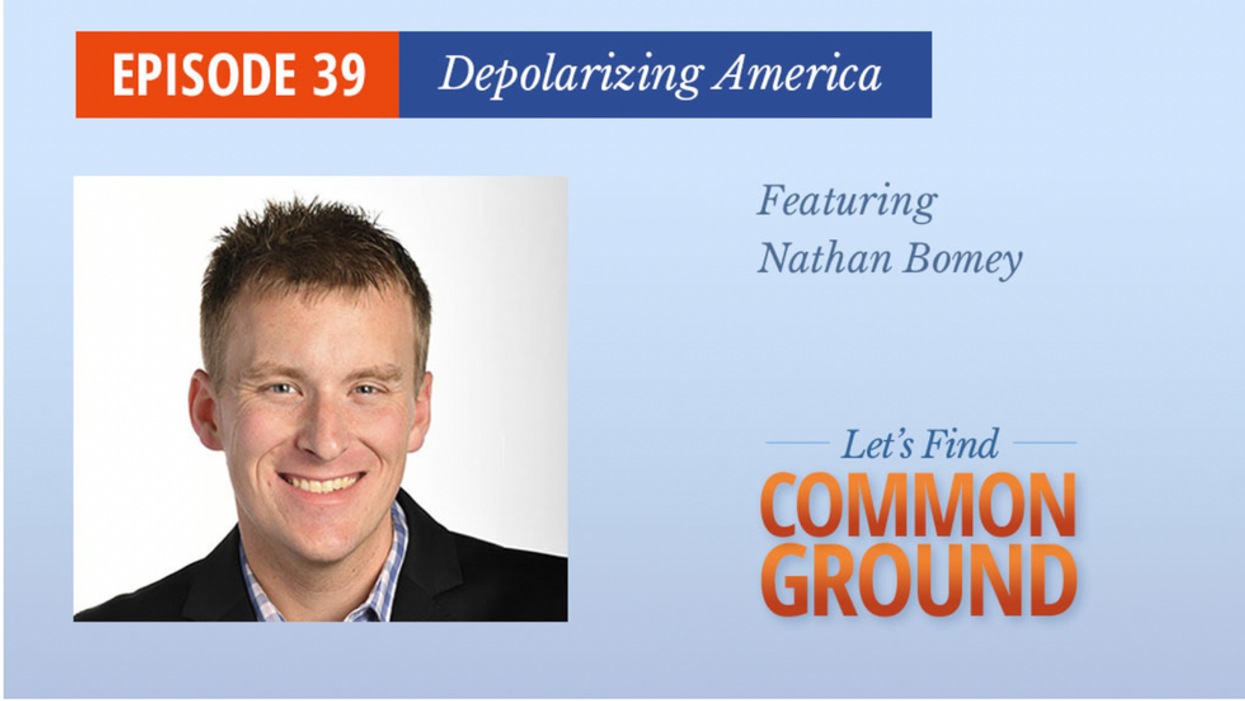In this episode of the Let's Find Common Ground podcast, the Common Ground Committee team looks at the growing movement of bridge builders pushing back against the toxic polarization that separates us.
Podcast: Depolarizing America: Bridge Builders: Bringing People Together.

Podcast: How can we bring people together in a polarized age?



















Marco Rubio is the only adult left in the room